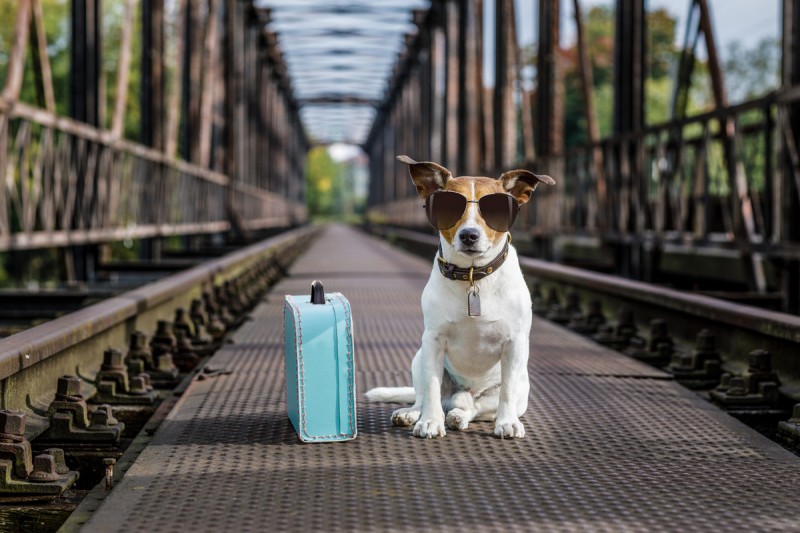- Region
- Águilas
- Alhama de Murcia
- Jumilla
- Lorca
- Los Alcázares
- Mazarrón
- San Javier
-
ALL AREAS & TOWNS
- AREAS
- SOUTH WEST
- MAR MENOR
- MURCIA CITY & CENTRAL
- NORTH & NORTH WEST
- TOWNS
- Abanilla
- Abarán
- Aguilas
- Alamillo
- Alcantarilla
- Aledo
- Alhama de Murcia
- Archena
- Balsicas
- Blanca
- Bolnuevo
- Bullas
- Cañadas del Romero
- Cabo de Palos
- Calasparra
- Camping Bolnuevo
- Campo De Ricote
- Camposol
- Canada De La Lena
- Caravaca de la Cruz
- Cartagena
- Cehegin
- Ceuti
- Cieza
- Condado de Alhama
- Corvera
- Costa Cálida
- Cuevas De Almanzora
- Cuevas de Reyllo
- El Carmoli
- El Mojon
- El Molino (Puerto Lumbreras)
- El Pareton / Cantareros
- El Raso
- El Valle Golf Resort
- Fortuna
- Fuente Alamo
- Hacienda del Alamo Golf Resort
- Hacienda Riquelme Golf Resort
- Isla Plana
- Islas Menores & Mar de Cristal
- Jumilla
- La Azohia
- La Charca
- La Manga Club
- La Manga del Mar Menor
- La Pinilla
- La Puebla
- La Torre
- La Torre Golf Resort
- La Unión
- Las Palas
- Las Ramblas
- Las Ramblas Golf
- Las Torres de Cotillas
- Leiva
- Librilla
- Lo Pagan
- Lo Santiago
- Lorca
- Lorquí
- Los Alcázares
- Los Balcones
- Los Belones
- Los Canovas
- Los Nietos
- Los Perez (Tallante)
- Los Urrutias
- Los Ventorrillos
- Mar De Cristal
- Mar Menor
- Mar Menor Golf Resort
- Mazarrón
- Mazarrón Country Club
- Molina de Segura
- Moratalla
- Mula
- Murcia City
- Murcia Property
- Pareton
- Peraleja Golf Resort
- Perin
- Pilar de la Horadada
- Pinar de Campoverde
- Pinoso
- Playa Honda
- Playa Honda / Playa Paraíso
- Pliego
- Portmán
- Pozo Estrecho
- Puerto de Mazarrón
- Puerto Lumbreras
- Puntas De Calnegre
- Region of Murcia
- Ricote
- Roda Golf Resort
- Roldan
- Roldan and Lo Ferro
- San Javier
- San Pedro del Pinatar
- Santiago de la Ribera
- Sierra Espuña
- Sucina
- Tallante
- Terrazas de la Torre Golf Resort
- Torre Pacheco
- Totana
- What's On Weekly Bulletin
- Yecla


- EDITIONS:
 Spanish News Today
Spanish News Today
 Alicante Today
Alicante Today
 Andalucia Today
Andalucia Today
Pet Passports in the EU
Procedures for travelling with dogs and cats between Spain and the UK
In order to travel within the European Union, dogs and cats must have a microchip, passport and anti-rabies vaccination, and comply with the laws of each individual country.
Most vets will be happy to assist in the process to obtain a pet passport and will be able to guide you through the steps necessary. Professional removals companies will also be accustomed to transporting animals and will be able to provide you with guidance based on their own experience.
If planning to transport your pet by air, it is advisable to seek confirmation of procedures from the intended airline as well.
However, the most important document to obtain in advance is a pet passport.
Steps to obtain a pet passport:
Microchip the pet: a simple and painless procedure which should be performed before starting the vaccinations programme.
Rabies vaccinations: these can start as soon as the microchip has been fitted.
Before any vaccination is given the clinic will fill out a vaccination card. This will contain the following details:
1. The date of birth or age of the animal.
2. The serial number of the microchip, the date it was inserted and the location of the microchip. This is important as sometimes it can move.
 At least one rabies vaccination must be completed before any blood tests can be carried out for the pet passport. However, a minimum of two is recommended prior to blood extraction to increase the "pass rate", which depends on the immune system of the animal.
At least one rabies vaccination must be completed before any blood tests can be carried out for the pet passport. However, a minimum of two is recommended prior to blood extraction to increase the "pass rate", which depends on the immune system of the animal.
Following rabies vaccinations, a minimum period of one month must pass before taking a blood test to prove the rabies vaccination has been effective: this part of the process can take around a month, but once satisfactory results have been confirmed the Pet Passport can be applied for.
Taking pets back to the UK
Before taking a pet back to the UK, treatment for ticks and tapeworm must be carried out by a vet between 24 and 48 hours before beginning the journey back to the UK. If you arrive at customs without having carried out the worming treatment or without a valid pet passport, then the animal can be legally held for up to 6 months quarantine, causing a great deal of inconvenience and considerable costs!
Transporting an animal back to the UK can be quite a job, and it is advisable to check out tariffs for transportation with various carriers and their requirements for the container in which the animal is to travel well in advance.
It is also highly advisable to speak to your vet well in advance and ensure that no additional requirements have been imposed relating to the movemnet of animals.
What will happen when your pet reaches the UK?
When your pet reaches the UK, staff from the travel company or airport will scan your pet’s microchip and check the documentation. Your pet might be checked before you board, for example if you’re travelling by sea or Eurotunnel.
Your pet could be quarantined or sent back to the country it travelled from if your paperwork is deficient or the pet is not considered to be properly prepeared for travel, or is incorrectly housed.
Any costs incurred as a result of this must be paid by the petowner.
The pet can enter the country once cleared through customs.
The National Clearance Hub at nch@hmrc.gsi.gov.uk can be contacted for further information
















